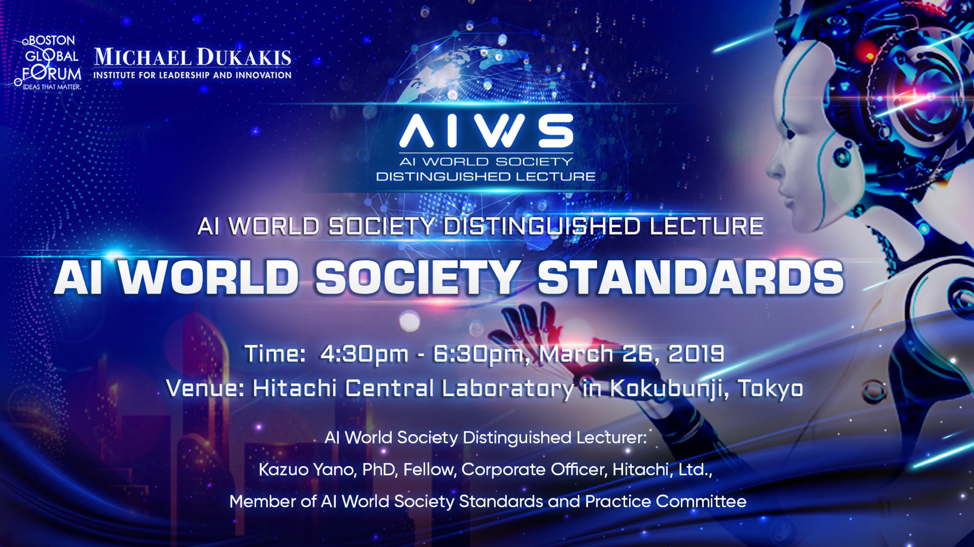How AI could save politics—if it doesn’t destroy it first, by Russell Berman
If AI optimists and pessimists agree on anything, it’s that the technology will allow more people to participate in the political process. Whether that’s a good thing is another question.
Just as AI platforms could allow, say, a schoolteacher running for city council to draft press releases in between grading papers, so too can they help a far-right activist with millions of followers create a semi-believable deep-fake video of President Joe Biden announcing a military draft.
“We’ve democratized access to the ability to create sophisticated fakes,” Hany Farid, a digital-forensics expert at UC Berkeley, told me.
Fears over deep-fakes have escalated in the past month. In response to Biden’s formal declaration of his reelection bid, the Republican National Committee released a video that used AI-generated images to depict a dystopian future. Within days, Democratic Representative Yvette Clarke of New York introduced legislation to require political ads to disclose any use of generative AI (which the RNC ad did).
Please read the full article at The Atlantic: https://www.theatlantic.com/politics/archive/2023/05/ai-political-campaigns-2024-election-democracy-chatgpt/674182/
Since December 12, 2017, the Boston Global Forum have built AI World Society, a Seven-Layer model of a world, reflecting a society deeply rooted in applied AI, with the vision of an Age of Global Enlightenment. Global Enlightenment Politics include AIWS-Government, AIWS-Citizen, AIWS Rewards.










